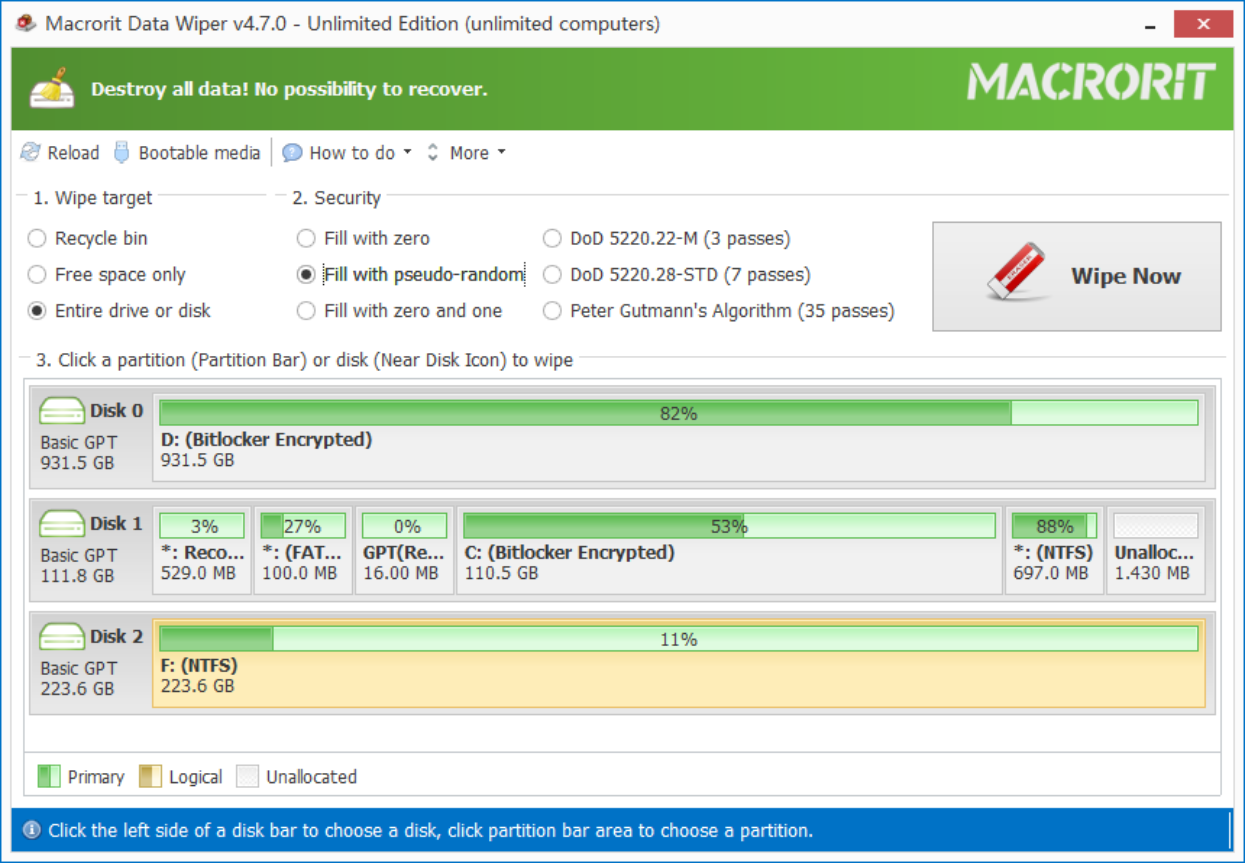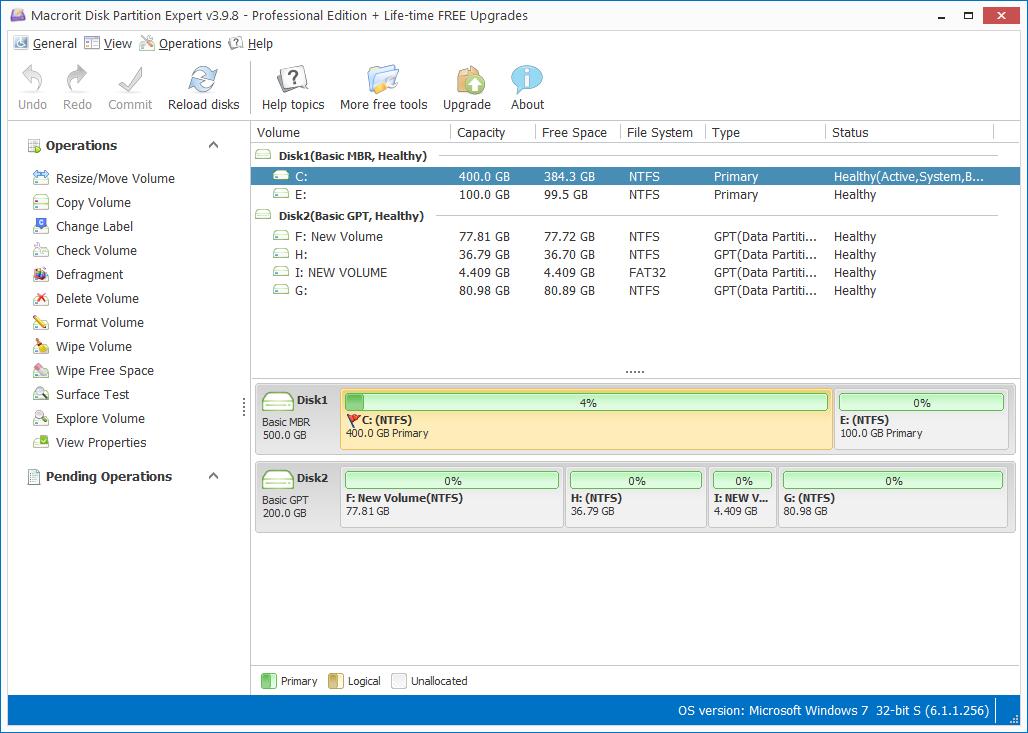How to Secure Confidential Data
It is extremely important to protect the sensitive and confidential data created and stored by large corporations, small and medium-sized businesses, academic institutions and the federal government. So knowing how to secure confidential data before actually picking up one agency to service them becomes the prime job for companies. As we mentioned previously on how to wipe personal data, companies need to wipe data too. So we listed some main points about securing confidential or any type of data in hope of helping our Server or other editions' users.
1. Keep paper file instead of e-file on text document
Although this might not be acceptable for advocates of low-carbon office, it's quite essential for storing confidential data like trade secrets, contact information of key figures and sensitive stuff from federal. Keep those file unique and store them in a safe place, and shred them when are expired. Keep every record of people who read, edit and store them, so as to track every step easier in case of any emergency.
Do not keep e-files on hard drives or cloud storages, make sure the original .txt files or other file extensions wiped clean after text printed and secured. Check here to see how to wipe file clean with data clearing software.
2. Off-line storage on confidential data
Printed paper storage in a good choice for text files, but how about voice files and video ones? Store them on off-line hard drives, external disks, USB drives, and other portable assets. In the process of file transfer between computers and storage devices, please make sure you're using the secure methods; Make sure the USB drive is clean of malware, spyware and adware, check here on how to wipe USB drive clean; Again, keep a record of each transfer to any flash disks. And again, wipe out local ones on online computers to ensure files only unique on one portable device which is kept in a secured place only.
What's more: do not directly copy folders to USB drive, compress first and then encrypt them with complicate passwords (use Letters, numbers, and special symbols). Compressed and encrypted files are safer than folders within standard file formats.
3. Choose the right software to destruct data
Whatever storing paper files or e-files on USB is to make sure data can be found and checked for later reference, but some data need to be erased, no one will check the file again or would like others to know the file, that's what confidential means. So choose the right software to wipe data clean is last advice on secure confidential data, check here to know how to destruct data on hard drives.

As you may have known that "Delete" key or "Backspace" button on the keyboard won't really delete data, just make them disappear in front of your eyes instead of professional recovery software, neither will "Recycle Bin" to erase data. The right way to cut off all the traces of confidential data is to overwrite the place (sector) again with meaningless numbers (0 and 1). And it's also the method to check hard drive been wiped or not.
